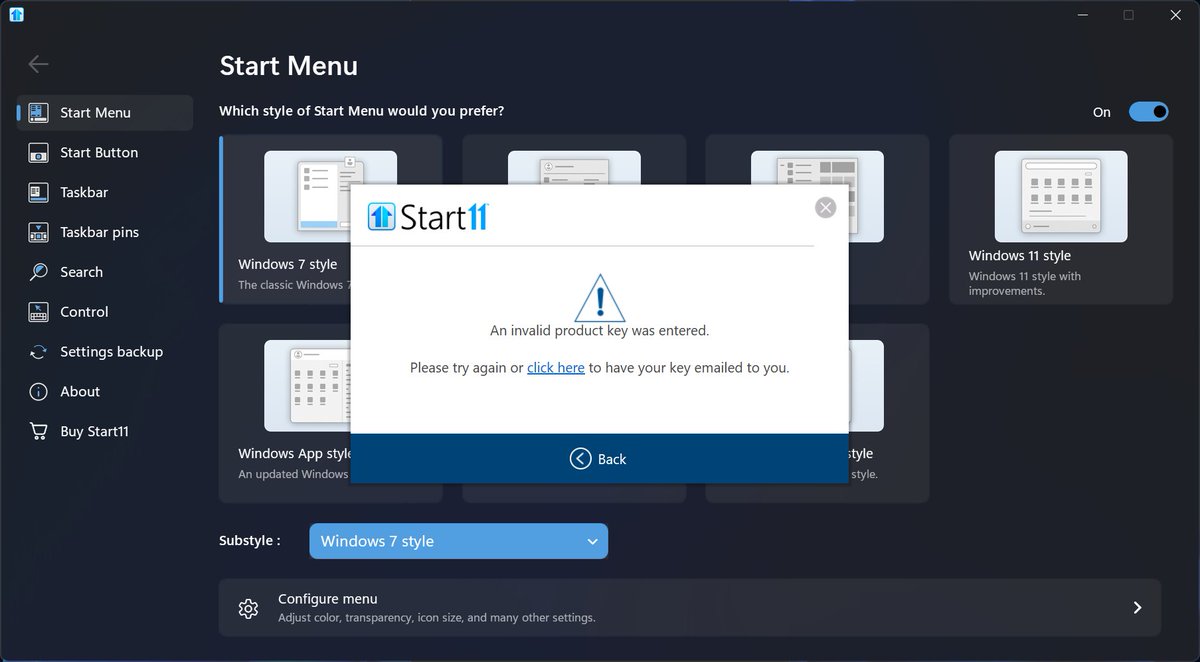Don't worry, Brazilians, we, and our Chinese colleagues have got your back. There have been a lot of anti-censorship advancements in the past couple of years. There are solutions superior to a simple VPN. Let's get ready to connect in the upcoming fragmented world! 🧵
https://twitter.com/Dexerto/status/1829616968426479638
1. No VPN necessary! State restrictions are commonly implemented via DPI (Deep Packet Inspection). The software on the ISP's routing devices filters out packets based on certain conditions, and most of the time they are hardcoded. Which means there's room to contest it.
Passive DPI cannot block the packets, but can inject them. Usually an RST packet. If it is being injected client-side, it's possible to configure iptables to drop it, but the conditions are different for different ISPs. If RST is sent to the server, iptables are not enough.
Active DPI, which is used in Russia and China (Passive DPI times are over for us), on the other hand, can block the packets. The only way to bypass it is by breaking its detection algorithm. It's possible to break by sending data the DPI doesn't expect to process.
For example, by spec, you can split an HTTP request into TCP segments. "GET / HTTP/1.1\r\nHost: ..." -> "GET /", " HTTP/1.1\r\nHost: ...". You can also alter the case of the header keys, as it's case insensitive: "Host:" -> "hOst:"google.com
google.com
google.com
There are many ways to break the DPI algorithm, and the cases above are just an example. That's the optimal way to avoid state censorship. Luckily, there's open-source software that already does it for you!
github.com/ValdikSS/Goodb…
github.com/dovecoteescape…
github.com/bol-van/zapret
github.com/ValdikSS/Goodb…
github.com/dovecoteescape…
github.com/bol-van/zapret
As time goes on, the states will eventually fix their DPI software, so it's preferrable to know how the bypass strategies work to cook up fresh combinations they haven't defeated yet. Not guaranteed to work, but if it does, it's significantly faster than any VPN. So try it out.
2. The VPNs. If the above does not work, your next best option is a VPN. The VPNs aren't magic, they're virtual networks that coincidentally allow delegating sending packets to a different gateway. 

Yes, the figure above is fucking dumb. Don't murder me, network guys. It's a vast oversimplification. The problem with a VPN is that it adds a whole bunch of hops and overhead that comes with them for your packets to overcome. 99% of the time it slows the connection down.
Personally, I have network-wide split tunnelling set up with the VPN interface used solely to bypass regional blocks. That's really advanced, and I suggest you starting by simply setting up a client and a server.
A VPN client! Which one should you use? Well. Forget the free VPNs. These sell your data, show you ads, install malware and do other unspeakable things to keep their service free. The best way out is to host a VPN server yourself. The client and server always go in conjunction.
The biggest problem with hosting a VPN server yourself is that it costs money. However, you can find a cheap VPS ($3-5/mo range) with a 100Mbit/s throughput practically anywhere right now. If you can't afford it, unfortunately, you have to use a free VPN.
The VPN servers only differ by protocol. So, the suggestions off the top of my head are WireGuard, OpenVPN, Outline. You'll need to read a lot and understand the UNIX terminal basics. There's one automated option I know of right now. AmneziaVPN
github.com/amnezia-vpn/am…
github.com/amnezia-vpn/am…
It's free, open-source and based on WireGuard. It uses Docker to completely automate the process, which allows even your grandma to set it up easily. There are also options when the state goes hog wild and blocks connections per protocol — as an example, Russia and China.
3. Advanced VPNs. When the state goes rogue as described in a tweet above, the protocols separate out into three categories: easily detectable, detectable, and undetectable. All common protocols are easily detectable, thus easily bannable. A more complex solution is required.
Detectable protocols are usually obfuscated versions of the common protocols, e.g. AmneziaWG (WG + garbage packet spam during handshake initiation), OpenVPN over Cloak, Shadowsocks. They require much more scrutiny to be sifted out by the censorship systems.
Undetectable protocols in reality aren't 100% safe, but they're state-of-art as of 2024 and work as a bypass for the Great Firewall of China. Most of these aren't documented in English. You likely won't need those for at least the next 10 years, but let's go over them anyway.
There's no decent nomenclature for them, but:
• VMess
• VLess
• Naive
• Trojan
The whole idea behind these protocols is to mask your VPN traffic as HTTPS. It is considerably slower than any of the VPN solutions shown before, but you gotta do what you gotta do.
• VMess
• VLess
• Naive
• Trojan
The whole idea behind these protocols is to mask your VPN traffic as HTTPS. It is considerably slower than any of the VPN solutions shown before, but you gotta do what you gotta do.
The bottom of the barrel, where everything else is literally banned:
• Hysteria
• KCP
• Meiru
• TUIC
• Brook
• Pingtunnel
The state-of-art censorship circumvention is achieved by masking your VPN traffic as browsing a web page. There's almost no way to detect that.
• Hysteria
• KCP
• Meiru
• TUIC
• Brook
• Pingtunnel
The state-of-art censorship circumvention is achieved by masking your VPN traffic as browsing a web page. There's almost no way to detect that.
Umm, yea. You probably won't ever need those. But keep that in mind, there's no way to censor the internet.
4. Let's talk about DNS. It's a very important subject, because a DNS server is what resolves domain names for you, and censorship can also be applied to it.
That's what DNS does:
-> 104.244.42.129
-> 108.177.14.139x.com
google.com
That's what DNS does:
-> 104.244.42.129
-> 108.177.14.139x.com
google.com
Chances are you are using a DNS server provided by your ISP free of charge. Let's say the state asked the ISP to block shitter(.)com. The ISP might use DPI, but it also might resolve the domain name to localhost, for example. 

Now it should be apparent the DNS server is also a weak link. Well, the best case scenario — you can directly set custom DNS-servers (1.1.1.1, 1.0.0.1, 8.8.8.8, 8.4.4.8) either network-wide or per device. Problem solved. However, this might not work!
An ISP may very well hijack your DNS requests server-side and redirect them to their server. Or, they could just block any outgoing UDP traffic on port 53 without their servers as an endpoint.
The solution to both of these digital rape cases is DNS over HTTPS or DNS over TLS.
The solution to both of these digital rape cases is DNS over HTTPS or DNS over TLS.
Now the idea is strikingly similar to that in the «undetectable» VPNs. The tools are also open-source and freely available, I'll list them here (OpenWRT as an example):
• DNSCrypt-proxy
• Stubby
• HTTPS-DNS-proxy
• DNSCrypt-proxy
• Stubby
• HTTPS-DNS-proxy
Okay, that should be it for the thread. I'm out. Your digital freedom is important to the Internet.
Please ask your questions under the first post of the thread if you have any. Also just in case, I am not suicidal.
Please ask your questions under the first post of the thread if you have any. Also just in case, I am not suicidal.
@Rohan_Furries anti-censorship. They may be used domestically, and the endpoint IP might be in a subnet of a different state, yet lead to a domestic resource. A legal precedent like this would be devastating to the entire country's network infrastructure. So I assume it's safe. Not legal advice
@_iabdllah There is no way to generalize DPI bypass. It's always individual per ISP and, at times, has to be specifically tweaked per protocol and sometimes even per route. Routes change, too. That knowledge IMO would be pointless, brute forcing the strategy still seems like the best way.
Cloned this thread to 🦋
Share with your Brazilian friends who have been forcefully migrated out of here.
bsky.app/profile/enderm…
Share with your Brazilian friends who have been forcefully migrated out of here.
bsky.app/profile/enderm…
• • •
Missing some Tweet in this thread? You can try to
force a refresh
















